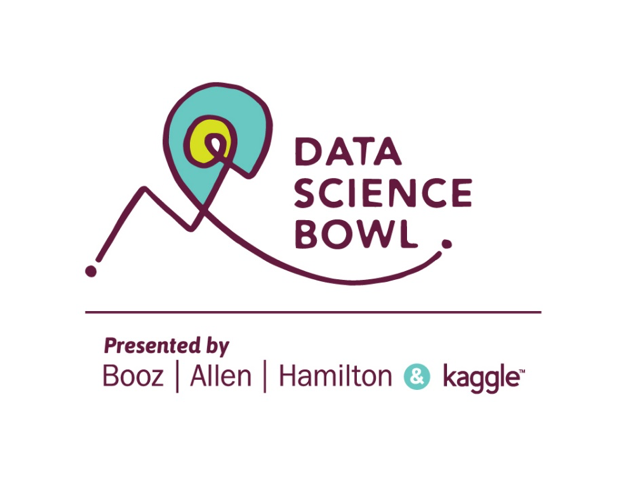The Booz Allen/Kaggle Data Science Bowl: Winning Algorithms for Early Childhood Education

How can data science lead to better-designed educational games for young children? How can algorithms and AI improve learning outcomes, particularly in the early years of brain development?
In a record year for the Data Science Bowl, presented annually by Booz Allen and data science community and platform, Kaggle, more than 25,000 participants, including first-place winners Zhuoran Ma and Xuan Ouyang, grappled with these questions and more over the course of 280,000 collective hours of work across all teams. With 75,000+ entries submitted—the highest number of submissions ever—the 2019 DSB made a statement for all to hear on the importance of early childhood education.
“Algorithms developed in this competition can help design new technologies and tools to provide the best learning experience,” said Dr. Josh Sullivan, Booz Allen executive vice president and leader of the firm’s Analytics and AI business. “This will ultimately help young kids thrive in school and life,”
Testing childhood capabilities in critical skills
The winners’ algorithms effectively analyzed data about how children use the app to predict performance on in-game math assessments.
“A key piece of information when trying to measure learning gains from technology is being able to identify what players are and are not yet capable of,” said Jeremy Roberts, Senior Director of Learning Technologies, PBS KIDS Digital.
“We believe that data science can make meaningful contributions to help improve children’s learning through educational gameplay, and we wanted to use our skills to help,” said first-time Data Science Bowl participants Ma and Ouyang.
Strength in numbers
Every aspect of the 90-day online competition is a collaborative effort. Participants use anonymous gameplay data from the PBS KIDS Measure Up! app, developed as a part of the CPB-PBS Ready To Learn Initiative with funding from the U.S. Department of Education.
A real-time leaderboard shows progress made by the global community throughout the competition. “We learned from each other and by studying the public kernels and discussion boards during the competition,” said the second-place team of Yuki Abe, Kosuke Shingyouchi, and Toshiki Ishikawa.
At the end, the most accurate models win, and the winning solutions are released open source. This year, these include solutions by third-place winner Sanghoon Kim, a data scientist working for an online retailer who used deep neural networks to help solve this year’s challenge.
Solutions in service of the greater good
The Data Science Bowl is the world’s largest data science competition focused on social good. Over the past five years, more than 70,000 participants have submitted over 189,000 algorithms to improve everything from lung cancer and heart disease to ocean health.
“We believe that, with the right talent, tools, and knowledge, collective ingenuity can change the world for the better,” said Sullivan.
Learn more about the Data Science Bowl, and data science at Booz Allen.

